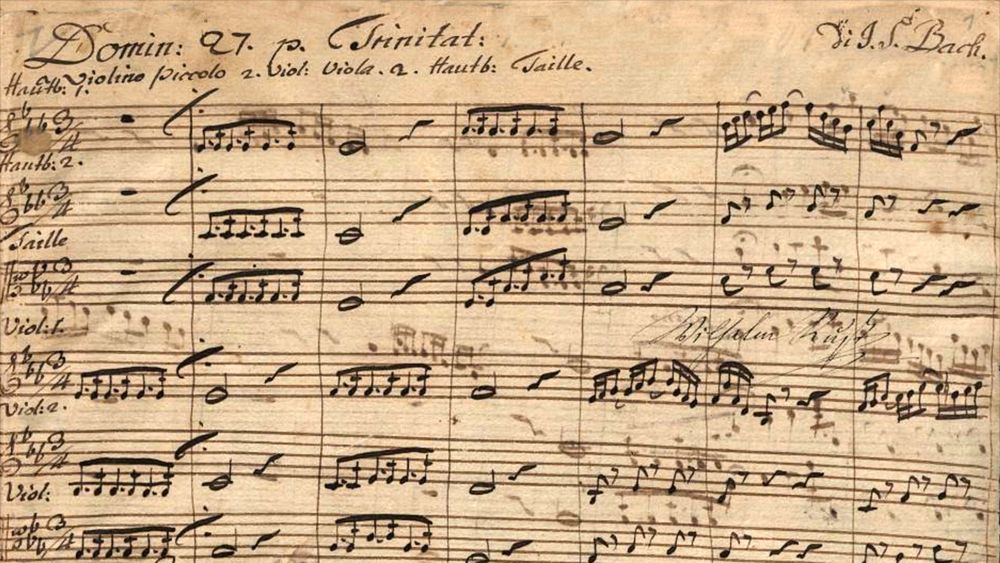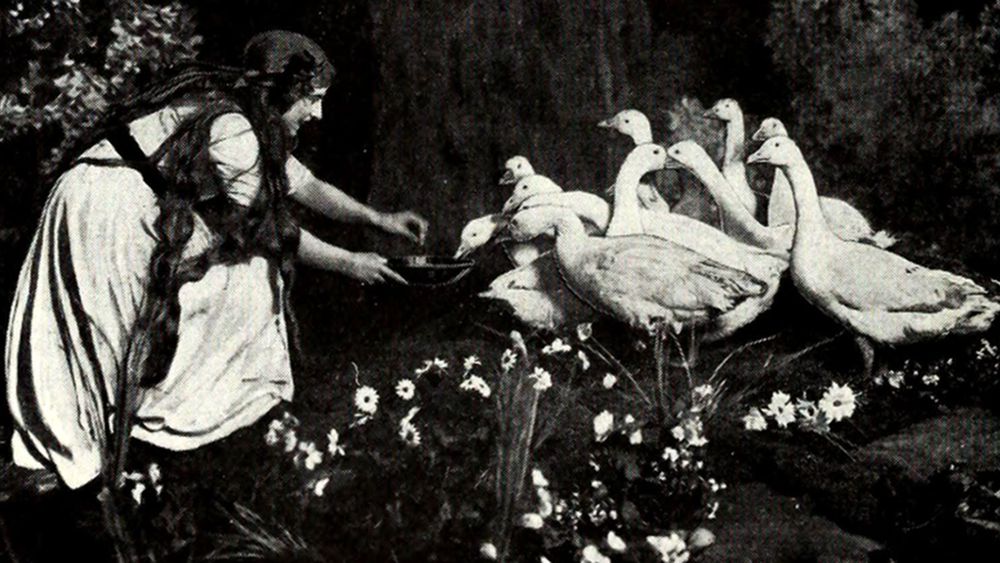E-mail: [email protected]
Newsletter: http://therefuge.substack.com (new editions on Wednesdays and Sundays)

Haydn in London
Retiring a Toxic Title
Telemann and the Art of Crisis Management
Berlioz Enters the Opera Fray
therefuge.substack.com
Please Share and Subscribe!
- Chet Atkins

- Chet Atkins




- Letter to Beethoven regarding the effects of some wine the composer had given to a pair of soloists who'd sing in the premiere of his 9th Symphony.

- Letter to Beethoven regarding the effects of some wine the composer had given to a pair of soloists who'd sing in the premiere of his 9th Symphony.


- Alfred Schnittke

- Alfred Schnittke





- Gioachino Rossini

- Gioachino Rossini




- Ravel, regarding Arturo Toscanini's interpretation of "Boléro":

- Ravel, regarding Arturo Toscanini's interpretation of "Boléro":
(Credit: John Bogenschutz, ToneDeafComics.com)

(Credit: John Bogenschutz, ToneDeafComics.com)
(Credit: John Bogenschutz, ToneDeafComics.com)

(Credit: John Bogenschutz, ToneDeafComics.com)


Haydn in London
Retiring a Toxic Title
Telemann and the Art of Crisis Management
Berlioz Enters the Opera Fray
therefuge.substack.com
Please Share and Subscribe!

Haydn in London
Retiring a Toxic Title
Telemann and the Art of Crisis Management
Berlioz Enters the Opera Fray
therefuge.substack.com
Please Share and Subscribe!

